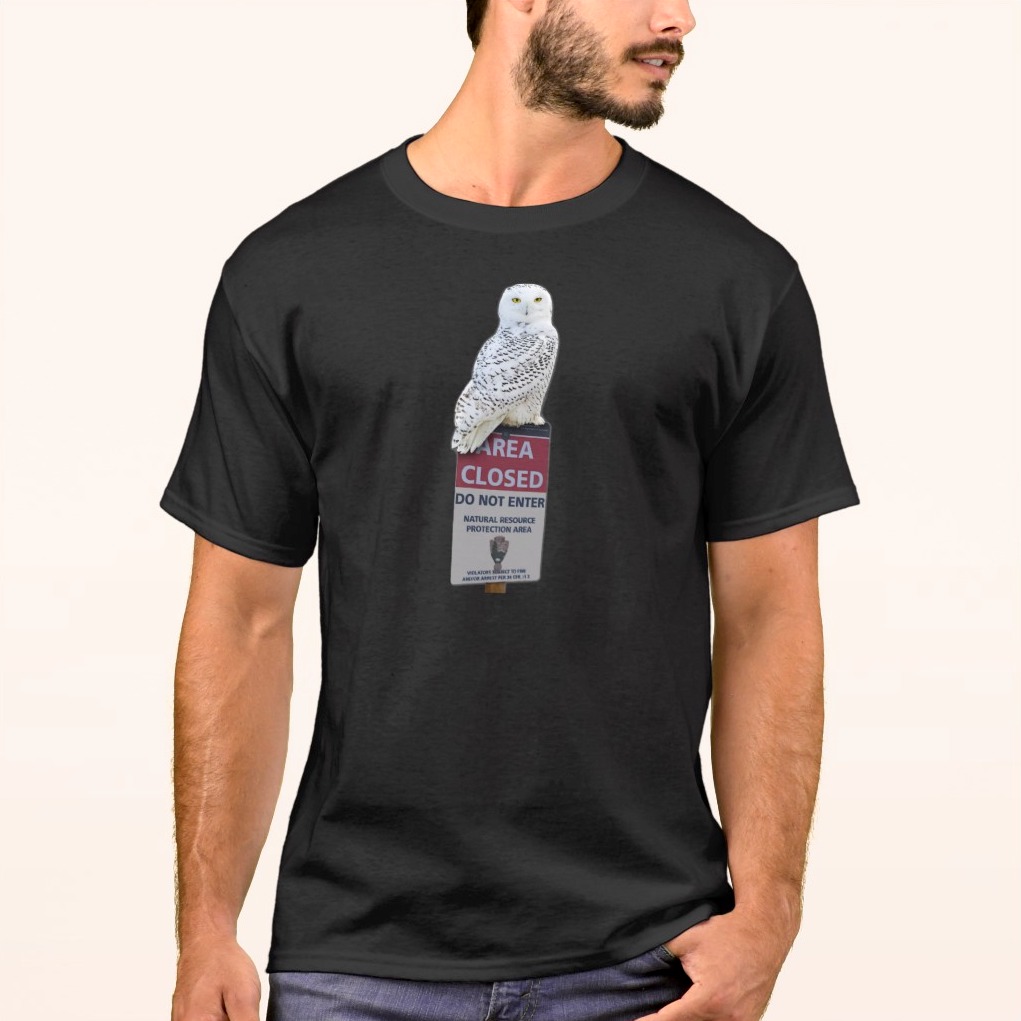Fordham Red-tailed Hawk update
The lastest reports from the Fordham campus are both good news and bad news. It appears that there is at least one hatchling in the nest.
"Subject: Hawk update
Date: 5/1/06 10:49 PM
Rob and Chris,
Interesting activity today by the nest. One of the birds and sometimes both of them were up on the ledge hanging out on the edge of the nest poking their heads into the nest. Makes me think that the eggs may have already hatched. On another note, I found this very young bird lying dead on the side of the building where the nest is. I do not know enough about chicks to know what kind of bird it is. I attached a photo plus some others of the hawks on the nest that I took today. Will continue to monitor and keep you posted.
Rich"
A few e-mails later we all agreed that the dead bird was, unfortunately, a hatchling Red-tailed Hawk.
"Subject: Re: Hawk Update
Date: 5/3/06 6:05 AM
After I made my earlier response, I took a closer look at the photo of the dead chick. Then I googled some pictures of young pigeons and house sparrows. Denial only goes so far--this is a very young Red-Tail eyass. It's one of Hawkeye and Rose's young for this year. So now the question is how many others hatched out, and how are they doing?
They had two chicks last year--and if they're the Creston Ave. pair, two chicks the year before that. I've seen other Red-Tails in this area produce three healthy chicks who went on to fledge (in Van Cortlandt Park in 2004, for example). I don't know that they didn't have any fatalities the last two years.
I'll check the literature to see if there's any evidence they carry dead youngsters from the nest--it would make sense that they wouldn't just dump them, because they typically carry the remnants of prey items away from the nest, to avoid detection by ground predators. They don't normally get rid of infertile eggs--but they may have the instinct to get a dead youngster away from living ones, to avoid disease.
I'll get to the nest as early this morning as possible, stay until around 8:30am, then come back at lunch and after work.
Chris"
"Rose"

Dead hatchling
(Photo credit - Rich Fleisher)
Celebrate your inner nerd with my new t-shirt design! Available on my Spreadshirt shop in multiple colors and products.
Wednesday, May 03, 2006
Subscribe to:
Post Comments (Atom)










No comments:
Post a Comment